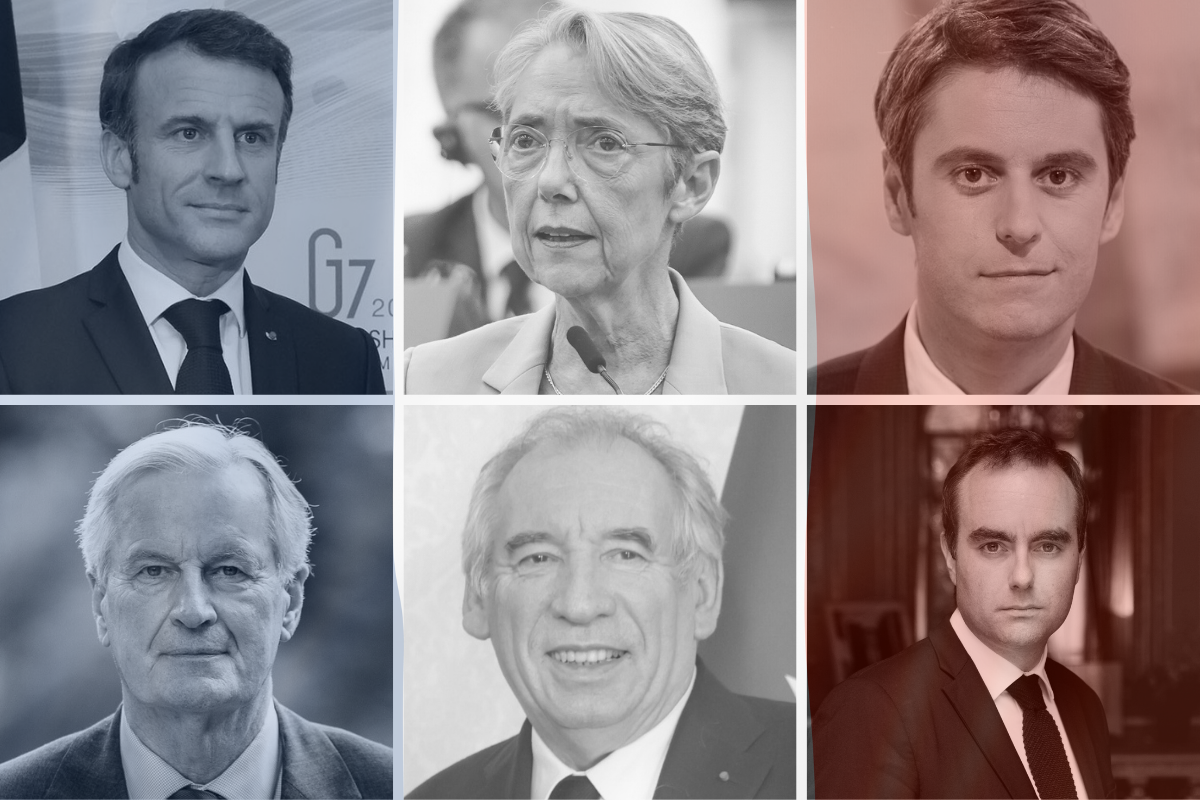France is facing one of its most volatile political moments in decades. After years of instability, multiple government shake-ups, and growing public anger, the country now finds itself in a full-blown crisis.
Over the past few years, President Emmanuel Macron has cycled through a series of prime ministers. Élisabeth Borne resigned in early 2024 after backlash over pension reforms. Gabriel Attal followed but couldn’t hold his fragile coalition together for long lasting 240 days (despite Macron’s refusal of his initial resignation). Michel Barnier followed, but he lasted 99 days and became the first French Prime Minister to lose a motion of no confidence since Georges Pompidou in 1962.
François Bayrou (most recently) was next. He was brought in to steady the ship, but his drastic austerity budget cuts triggered widespread opposition. On 8th September, Bayrou lost a confidence vote by 364 votes to 194 and, as such, tendered his resignation to President Macron.
Now, Macron has appointed Sébastien Lecornu, a former defence minister, as his fifth prime minister in less than two years.

Government collapse
Bayrou’s fall came early last week, when he lost a key vote of confidence in parliament. His proposed 2026 budget aimed to cut over €40 billion in public spending, including scrapping public holidays and freezing pensions, sparking outrage from both lawmakers and citizens. The vote wasn’t close: 364 voted against him, just 194 in support.
Macron’s decision to bring in Lecornu is a gamble. The new PM must quickly unite a fractured parliament and revise the budget to avoid further unrest and possibly snap elections.
"Block Everything" protests
Public anger is already boiling over. A new protest movement called “Block Everything” (Bloquons Tout) has taken to the streets. Sparked by social media, it draws support from students, workers, and unions opposing the austerity measures.
On 10th September, mass demonstrations broke out in cities like Paris, Lyon, and Marseille. Protesters blocked roads, set trash bins on fire, and clashed with police. Over 200 people were arrested, and the government deployed 80,000 security officers, including 6,000 in Paris alone. The chaos has drawn comparisons to the 2018 “Yellow Vest” uprising, which similarly erupted over economic frustration and government disconnection.
So, who is Sébastien Lecornu and what happens next?
Lecornu (which, for our Jersey readers, is a common local surname) is a loyal centrist. He served as Defence Minister in 2022 and has held various ministerial positions since joining Macron’s Renaissance party in 2017.
France is now at a critical turning point. Prime Minister Lecornu must quickly find common ground in parliament and present a revised, more balanced budget. If he fails, Macron could face calls for new elections.
Meanwhile, protests are likely to continue, especially if people feel ignored. Striking the right balance between economic reform and social fairness will be Lecornu’s biggest test. Success could calm the unrest. Failure might lead to further instability.
The constant political change (not only in France) is a further reminder of the fracturing world economy, which you will have heard us speak about many times over the past few years. This serves as another reminder that the world is going to be very different going forward and, as such, requires investors to rethink traditional strategies and adapt to new realities. As active managers, this is something we have been monitoring and embracing as part of our ‘changing world’ theme.


